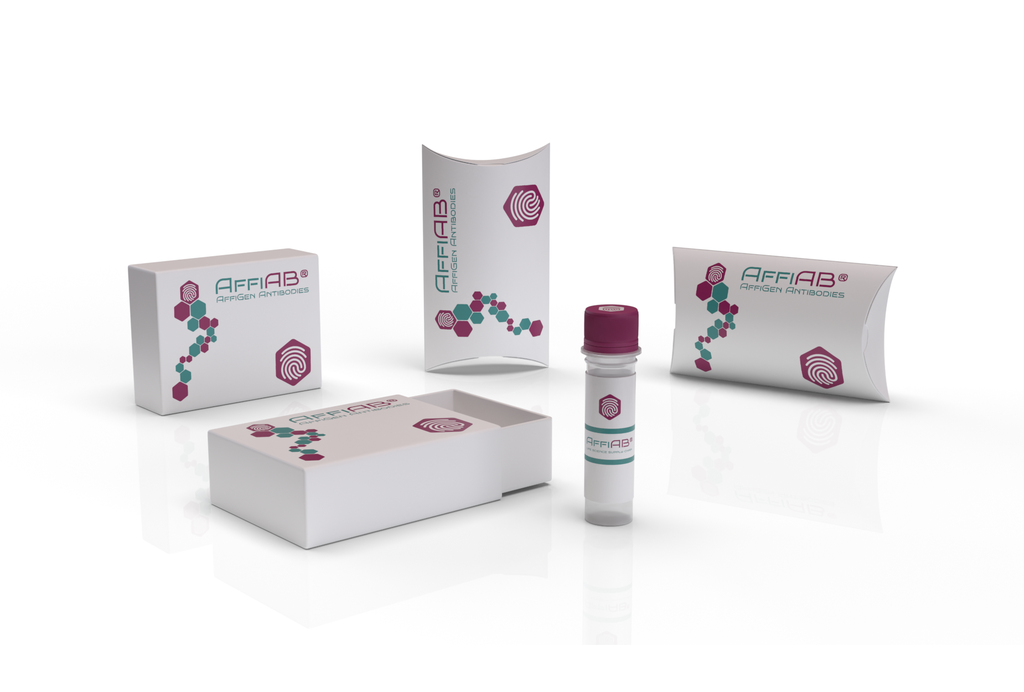AffiAB® Anti-IKK beta Antibody
The transcription factor NFkB is retained in the cytoplasm in an inactive form by the inhibitory protein IkB. Activation of NFkB requires that IkB be phosphorylated on specific serine residues, which results in targeted degradation of IkB. IkB kinase α (IKKα) , previously designated CHUK, interacts with IkB-α and specifically phosphorylates Iκβ-α on Serine 32 and 36, the sites that trigger its degradation. IKKα appears to be critical for NFkB activation in response to proinflammatory cytokines. Phosphorylation of IkB by IKKα is stimulated by the NFkB inducing kinase (NIK) , which itself is a central regulator for NFkB activation in response to TNF and IL-1. The functional IKK complex contains three subunits, IKKα, IKKβ and IKKγ (also designated NEMO) , and each appear to make essential contributions to IkB phosphorylation.
Antibody type
Rabbit polyclonal Antibody
Uniprot ID
SwissProt: O14920 Human; SwissProt: O88351 Mouse; SwissProt: Q9QY78 Rat
Recombinant
NO
Conjugation
Non-conjugated
Host
Rabbit
Isotype
IgG
Clone
N/A
KO/KD
N/A
Species reactivity
Human, Mouse, Rat
Tested applications
WB, IF-Cell, IHC-P, FC
Predicted species reactivity
N/A
Immunogen
Recombinant protein within Human IKK beta aa 501-649 / 756.
Storage
Store at +4°C after thawing. Aliquot store at -20°C or -80°C. Avoid repeated freeze / thaw cycles.
Form
Liquid
Storage buffer
1*PBS (pH7.4) , 0.2% BSA, 50% Glycerol. Preservative: 0.05% Sodium Azide.
Concentration
1 mg/mL.
Purity
Protein A affinity purified.
Signal pathway
细胞焦亡, PI3K-AKT, Type II diabetes mellitus, NF-KB signaling pathway, RAS signaling pathway, Immunology & Inflammation, Alzheimer disease, Apotosis, MAPK signaling pathway
Recommended dilutions
WB: 1:1, 000-1:5, 000; IF-Cell: 1:50-1:200; IHC-P: 1:50-1:200; FC: 1:50-1:100
Molecular Weight
Predicted band size: 87 kDa
Subcellular location
Nucleus. Cytoplasm.
Positive control
Hela cell lysate, 293T cell lysate, mouse spleen tissue lysate, Hela, HUVEC, rat testis tissue, human tonsil tissue, human breast carcinoma tissue, human placenta tissue, mouse testis tissue, A549.
